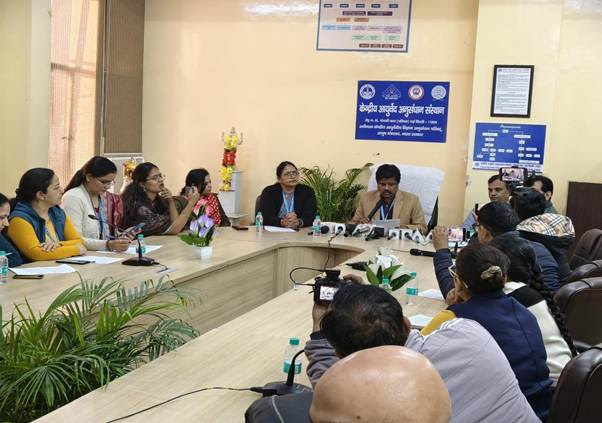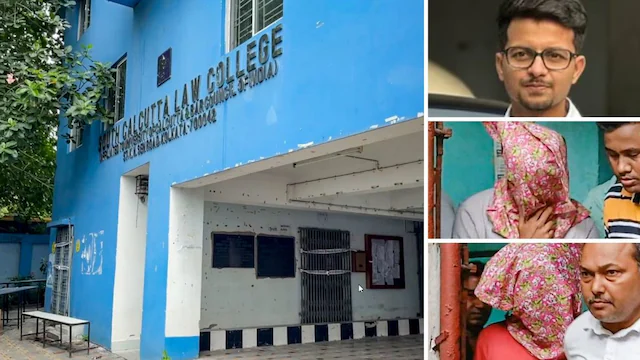Now Reading: Rath Yatra 2025: As New Jagannath Temple Rises in Digha, Odisha Amplifies Puri Celebrations
-
01
Rath Yatra 2025: As New Jagannath Temple Rises in Digha, Odisha Amplifies Puri Celebrations
Rath Yatra 2025: As New Jagannath Temple Rises in Digha, Odisha Amplifies Puri Celebrations

With the famous Rath Yatra festival underway, the Odisha government is going all out to highlight the cultural and spiritual grandeur of the historic Puri temple. This year, however, the celebrations come amid growing attention on a newly emerging Jagannath temple in Digha, West Bengal — triggering discussions around faith, regional pride, and religious tourism.
Puri Rath Yatra in Full Glory
The Rath Yatra, one of the biggest annual religious events in India, witnessed lakhs of devotees pouring into Puri to catch a glimpse of Lord Jagannath, Balabhadra, and Subhadra as they journey in grand chariots. With elaborate security arrangements, live broadcasting, and large-scale cultural programming, the state ensured an uninterrupted, vibrant spiritual experience.
The temple town was transformed into a massive celebration zone, reflecting centuries of tradition and deep public emotion attached to this festival.
A New Temple Emerges in Digha
Meanwhile, just across the Odisha border, a massive Jagannath temple is taking shape in the seaside town of Digha, West Bengal. With visuals and architecture closely resembling the Puri temple, the under-construction site has attracted national attention. Though the temple is not yet open to the public, its scale and design have raised concerns in Odisha about heritage imitation and potential dilution of Puri’s religious uniqueness.
Odisha’s temple priests and cultural experts have expressed worry over this parallel narrative being built around Lord Jagannath’s identity — one that could confuse devotees and shift focus from the historic Puri shrine.
Political and Cultural Undertones
The emergence of a grand temple in Digha is not just a religious event but has political undertones as well. In a region where religious tourism brings significant economic value, any shift in pilgrim flow could impact livelihoods, local businesses, and long-standing cultural traditions.
Odisha leaders, both in government and religious institutions, have emphasized that Puri’s Jagannath temple is not just a structure — it is centuries of living faith, rituals, and spiritual history that cannot be recreated or relocated.
Tier 2 Devotion and the Wider Impact
For many devotees from Tier 2 cities across India — whether it’s Bhubaneswar, Cuttack, Ranchi, or Raipur — the annual Rath Yatra is a long-awaited event. It’s not just about visiting a temple; it’s about shared memories, community devotion, and spiritual emotion. The idea of having a similar temple elsewhere is appealing to some, especially those unable to travel to Puri, but others feel it risks fragmenting the tradition.
The broader concern is about preserving original cultural sites while accommodating the growing enthusiasm for regional spiritual centres.
Conclusion
As Puri’s Rath Yatra continues to draw massive crowds and spiritual attention, the rising temple in Digha adds a new dimension to the conversation on heritage and faith. While devotion knows no boundaries, the importance of protecting cultural authenticity remains crucial. Odisha’s efforts to strengthen the prominence of the Puri temple reflect a deeper desire — to safeguard a tradition that continues to unite millions in reverence and celebration.

























